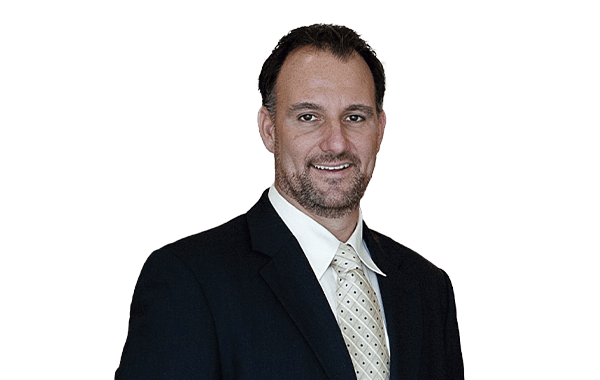
What You Need to Know About Diminished Value Claims
If you have recently been injured in a car accident, you know the aftermath can have a significant impact on your finances. Even after repairs, your once-pristine vehicle might suffer a loss in market value. This phenomenon is known as “diminished value.” Understanding how to handle a diminished value claim is crucial for recovering fair compensation for the reduced monetary value of your car after an accident. However, taking steps like getting an appraisal from an attorney as soon as possible can help protect your rights and the total value of your claim.
After suffering damages in an accident, it is essential to contact a seasoned car accident attorney without delay. At the Law Offices of Scott Sobol, our attorneys are dedicated to helping you recover compensation for the full extent of the losses you have endured. We understand how complex diminished value claims can be and will work with you to recover the maximum compensation you are owed. When you partner with us, you can rest assured that your case is in skilled and dependable hands.
How to File a Diminished Value Claim in Florida
Diminished value refers to the change in market value your car sustains after an accident. Often, the damage from a collision can significantly decrease your vehicle’s value. Fortunately, there are several steps you can take to protect your vehicles. To ensure you are appropriately compensated for your car’s lost worth, it is essential to take the following steps:
- Contact the other driver’s insurance company and ask about their process for diminished value claims
- Research and take note of your car’s original value from a reliable source like Kelley Blue Book
- Have an appraisal done on your vehicle to determine how much the value has diminished
- Retain the services of a highly-qualified car accident attorney
An attorney can help you go over the compensation you may deserve and determine whether you have grounds to pursue a diminished value claim. Having an attorney on your side can also help you stand up to the insurance company and increase your odds of compensation for the full scope of your damages.
What Is the Difference Between Total Loss and Diminished Value?
In Florida, diminished value and total loss are both related to the impact on a vehicle’s worth following an accident. However, each term has different definitions and outcomes for victims. Diminished value refers to the decrease in a vehicle’s market value after it has been repaired. Even if the repairs restore the vehicle to its pre-accident condition, it may still be perceived as less valuable due to its accident history.
On the other hand, a total loss occurs when the cost to repair a damaged vehicle exceeds a substantial portion of its pre-accident market value, typically around 70%. When this occurs, the insurance company typically will not pay for any repair costs. When an insurance company declares a vehicle a total loss, they compensate the owner based on the vehicle’s actual cash value (ACV) before the accident, minus any deductibles.
Your attorney can review every detail of your case to determine which term applies to your case so you can pursue the compensation you deserve.
Where Does Your Diminished Value Claim Fall?
There are three types of diminished value claims accident victims may be eligible to pursue. Your attorney can help you determine which of the following claims fits your unique needs:
- Repair-Related Diminished Value: Damage from a crash decreases a car’s value for potential buyers. Even if repairs restore a damaged vehicle back to working order, the accident history can negatively impact its resale value.
- Immediate Diminished Value: This type of claim only encompasses the value of a vehicle before and after an accident without considering repairs.
- Inherent Diminished Value: Inherent diminished value claims are the most common types of diminished value claims. They help victims secure the best possible repairs for their vehicles while compensating them for loss of value.
Your attorney will work with you to understand every detail of your claim and advise you on which type of claim fits your unique needs.
Speak With a Talented Car Accident Attorney at the Law Offices of Scott Sobol
If your vehicle has lost value due to someone else’s negligent actions, you deserve to be compensated for the losses you have suffered. At the Law Offices of Scott Sobol, our attorneys are dedicated to helping accident victims recover the maximum compensation for their physical, emotional, and financial damages. We are committed to fighting tirelessly on your behalf to help secure a favorable outcome for your claim.
To schedule a free consultation with an experienced attorney, call us today at (954) 440-2000 or complete our contact form.
Recent Posts
Florida’s bustling tourism industry and sprawling roadways create a perfect storm for rental car accidents that leave victims ...
The scorching summer months transform Florida’s roadways into a complex network of eager tourists, distracted drivers, and unp ...
In today’s digital age, the seemingly innocent post about your weekend activities or that check-in at a local gym could become ...





